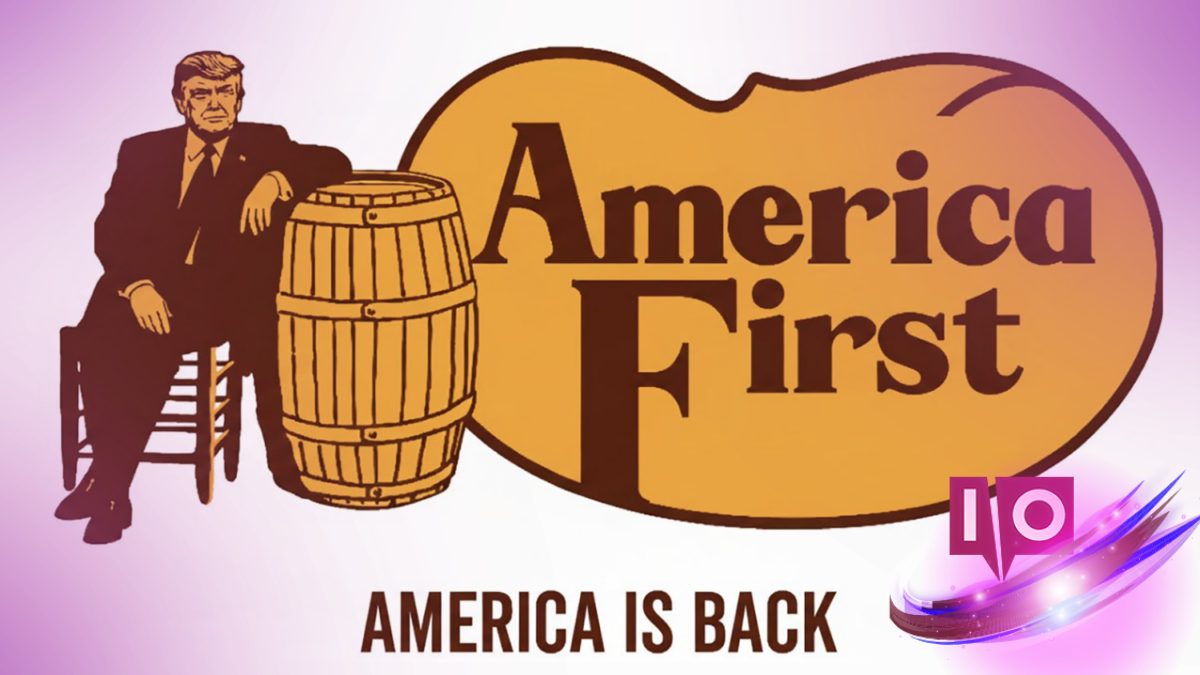Cracker Barrel, a once-favored American restaurant chain, has recently stirred controversy with its decision to rebrand its iconic logo. Most of us can picture the old sign featuring “Uncle Herschel” alongside a barrel, a design that many considered to be a staple of the fast-casual dining experience. However, the new sign has been criticized as bland and uninspired. The shift has left many fans disheartened, leading to widespread backlash.
It’s crucial to recognize that even simple changes like a logo can trigger significant public discourse, especially in today’s digital world. What started as a marketing update quickly spiraled into accusations of “woke” agendas aimed at undermining traditional American values. As Cracker Barrel faces backlash, including a noticeable drop in stock market value, many are questioning whether this rebrand is indicative of larger shifts in consumer culture.
1. The New Logo: What Changed?
The previous logo showcased a nostalgic design, but the new branding leans heavily into minimalism. Gone are the barrel and Uncle Herschel, replaced by a shape that resembles a barrel only if you really squint. Public reaction has overwhelmingly suggested that this new design fails to resonate with the chain’s loyal customer base.
2. Social Media’s Role in the Controversy
In today’s age, social media plays a pivotal role in crafting narratives and influencing public perception. Cracker Barrel’s rebrand was quickly politicized, with some commentators framing it as part of an insidious “cancel culture.” Calls for boycotts emerged, and the company found itself embroiled in a heated political debate. So why is this happening?
3. The Implications for Corporate America
Donald Trump and his allies seized the opportunity to weigh in, arguing that Cracker Barrel should revert to its old logo. Trump stated that the rebranding decision could have far-reaching consequences, urging the company to manage its public image more effectively. Such interventions illustrate a larger trend where corporations must navigate the treacherous waters of public opinion, often shaped by political affiliations.
4. An Examination of the Accusations
Interestingly, critiques from the MAGA base have targeted the new logo as “woke,” yet what makes it so? The design strikes many as a standard minimalist choice rather than a politically charged statement. This suggests that underlying biases may be coloring perceptions more than the actual design itself. A recent article from Forbes elaborates on how many brands are adopting similar simplistic aesthetics, which are all the rage now.
5. The Leadership Perspective
One noteworthy point amid all the uproar is the presence of Julie Felss Masino, Cracker Barrel’s new CEO. Some conservatives have questioned her leadership purely based on her gender, viewing her as part of a broader agenda against traditional corporate America. Critiques range from arguments about the aesthetic changes to more serious allegations regarding corporate practices.
What actions has Cracker Barrel taken to address these concerns? The company has faced legal challenges as well, with the America First Legal organization filing complaints alleging discrimination based on its diversity, equity, and inclusion policies, suggesting a troubling intersection of branding and corporate governance.
What does the public really care about regarding Cracker Barrel’s branding? Numerous people find this entire episode emblematic of deeper issues at play in American society today, particularly how our cultural discussions can overshadow the real struggles people face daily.
Why is it essential for brands to align closely with consumer values? Firms today must understand their audience profoundly, as misalignments can lead to substantial backlash, as seen in Cracker Barrel’s current predicament. Staying attuned to customer sentiment can make all the difference.
Cracker Barrel’s recent identity crisis serves as a reminder that every marketing decision matters. As the brand moves forward, they will need to tread carefully to rebuild trust and alignment with their customer base.
If you want to dive deeper into topics like this, including corporate branding and public perception in our modern world, feel free to explore more content at Moyens I/O.
